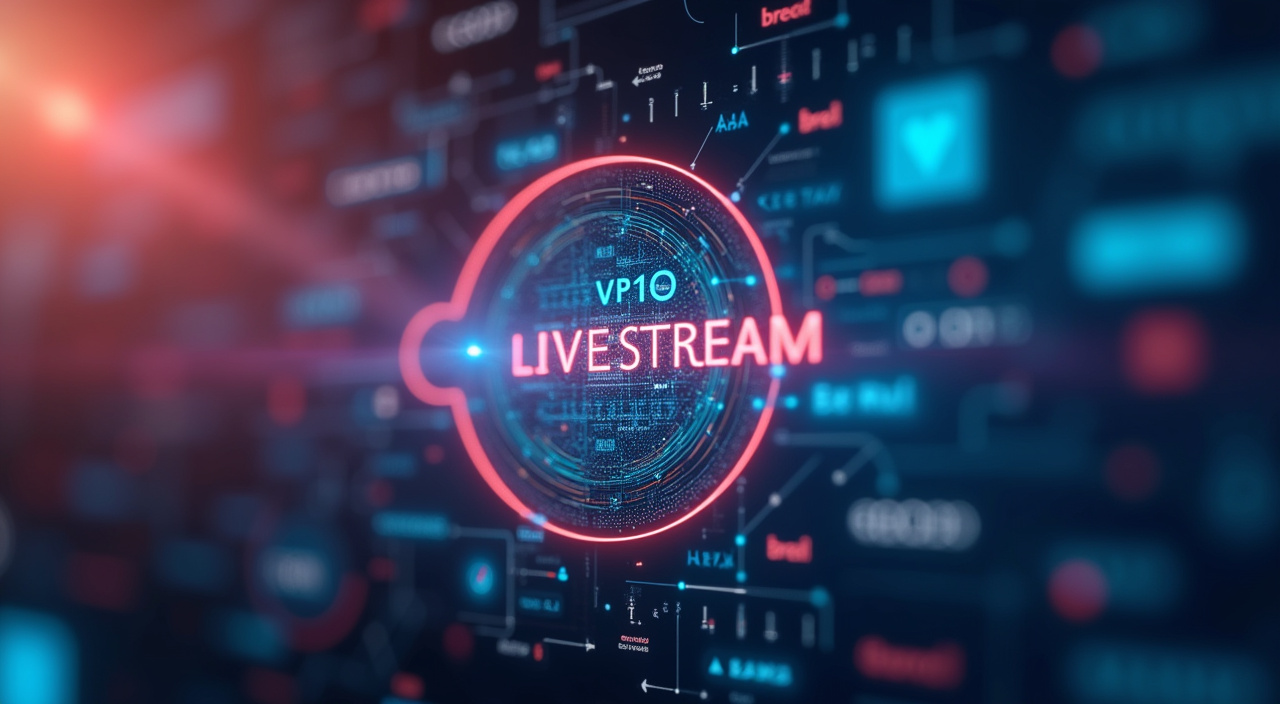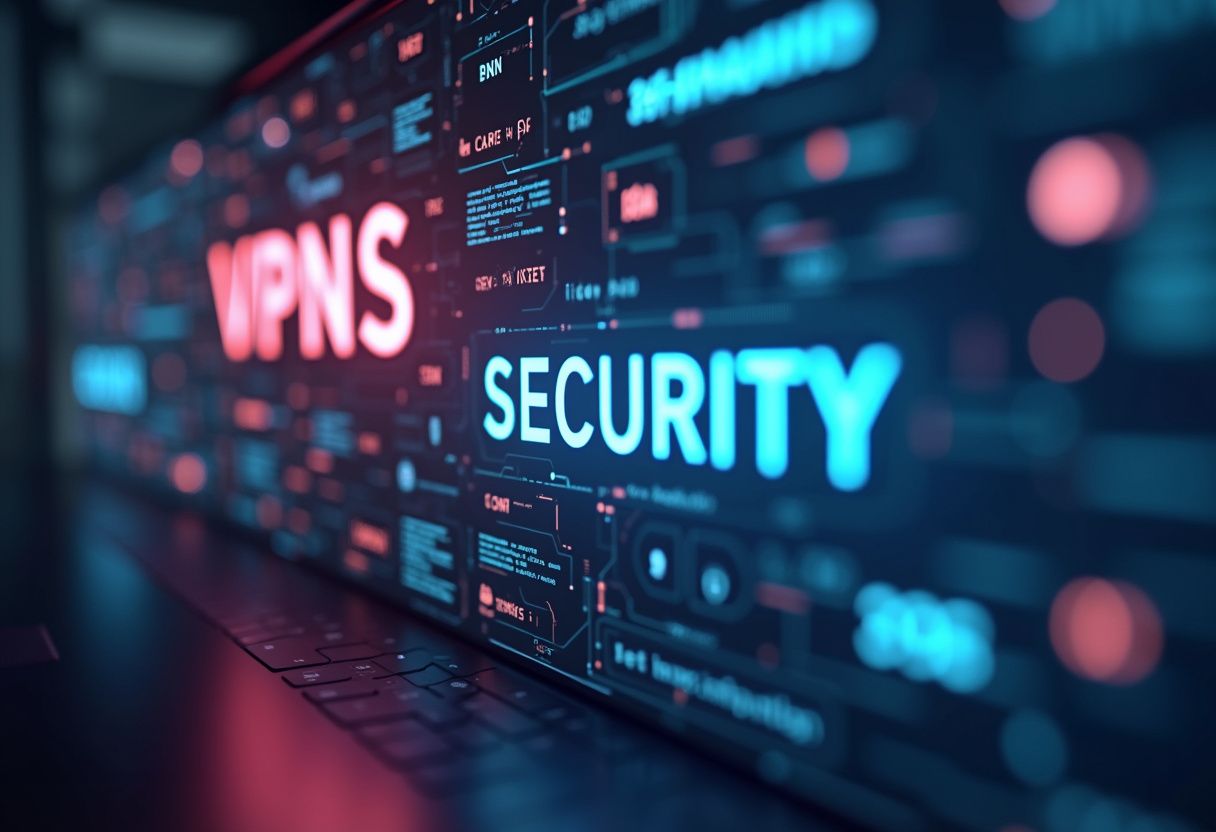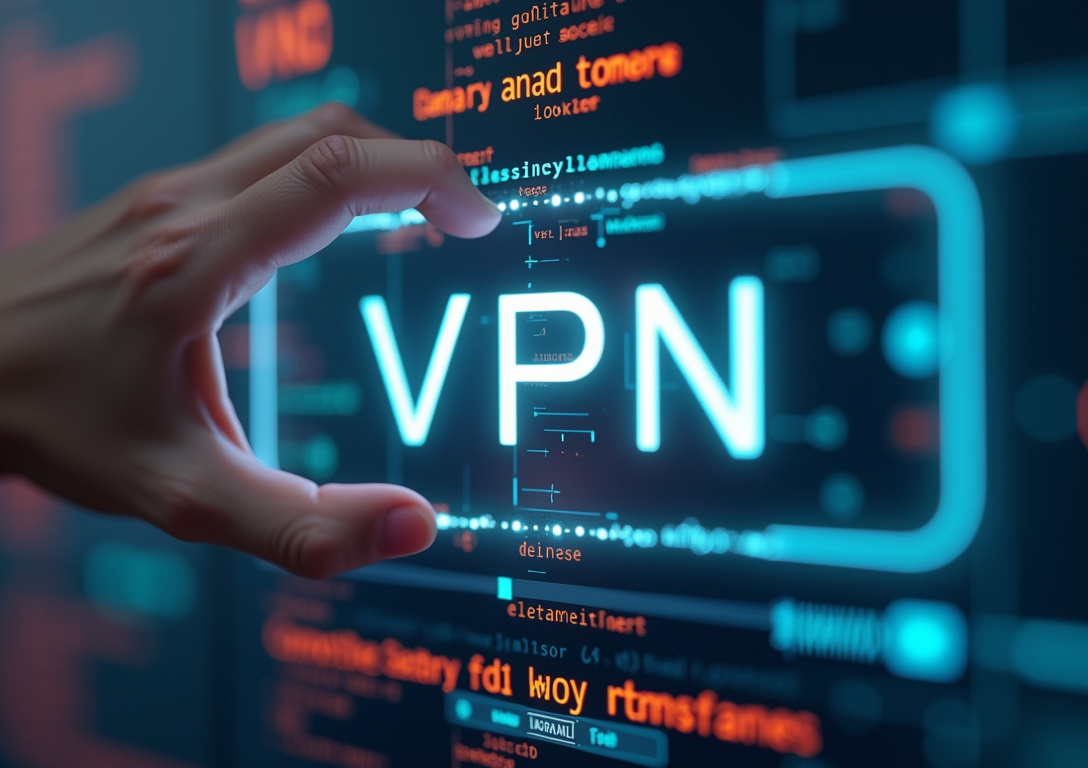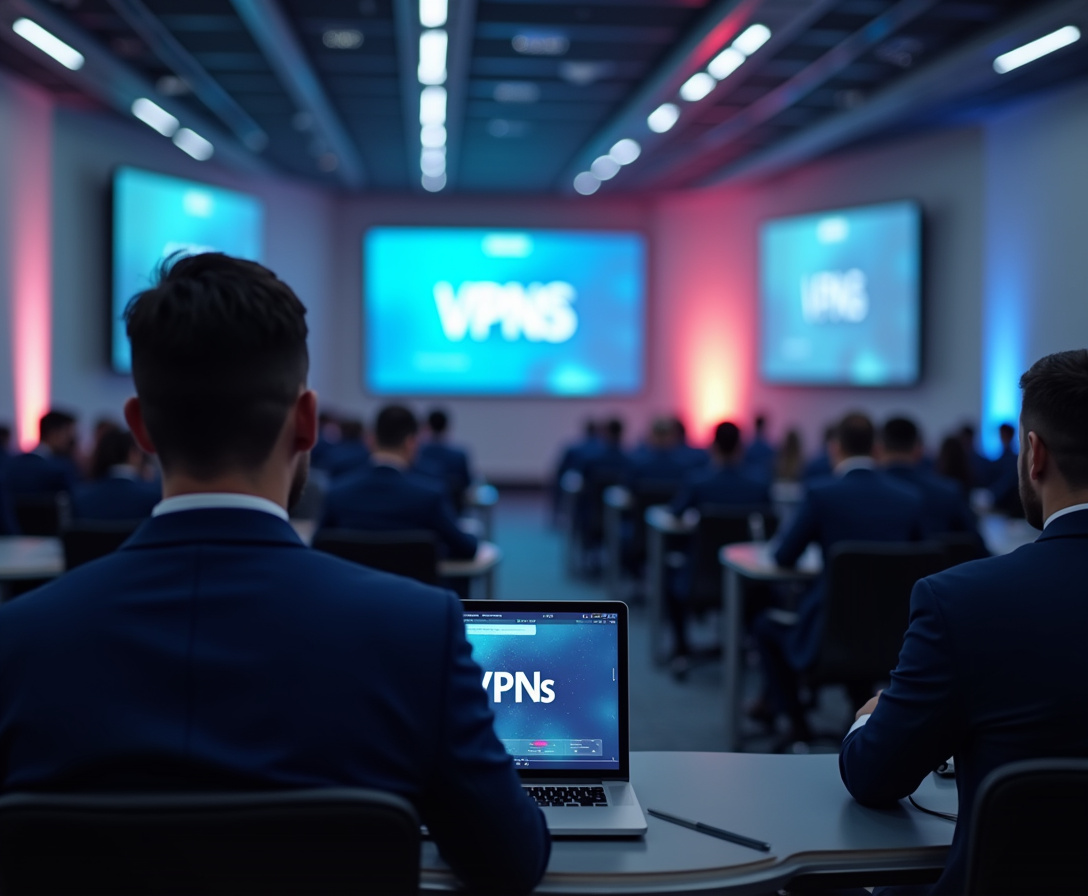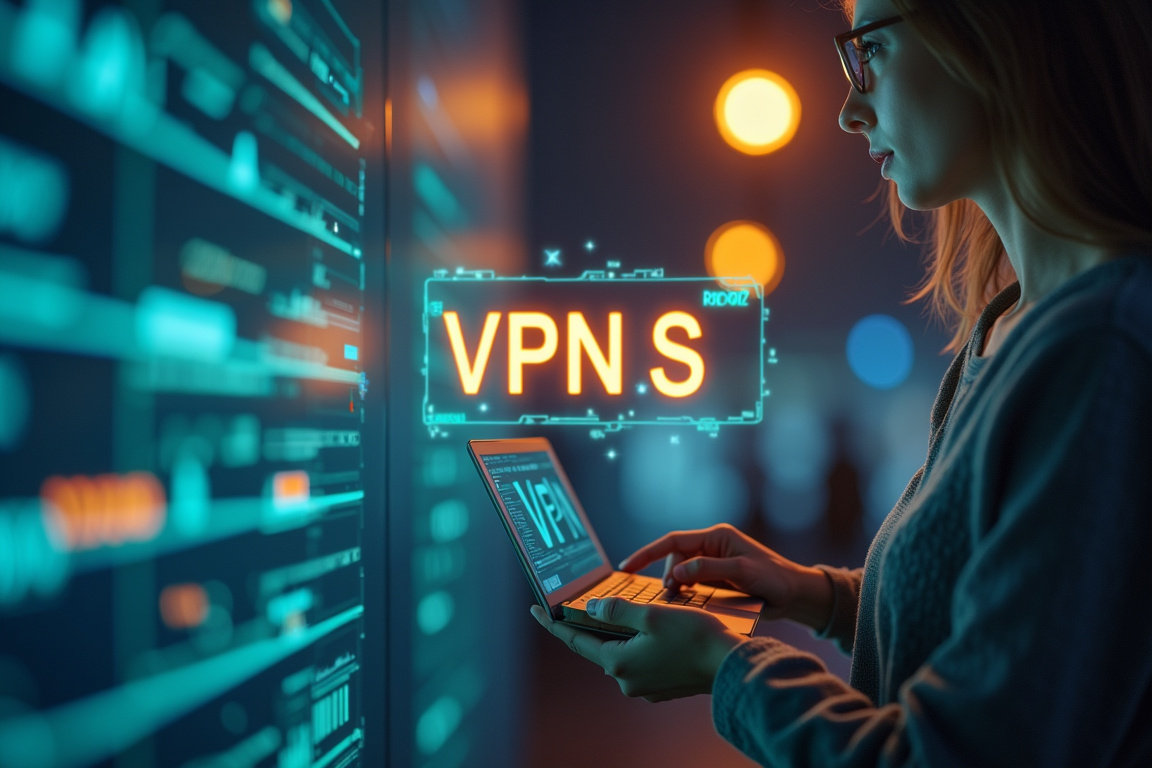VPNs for Virtual Events: Safeguarding Participant Information
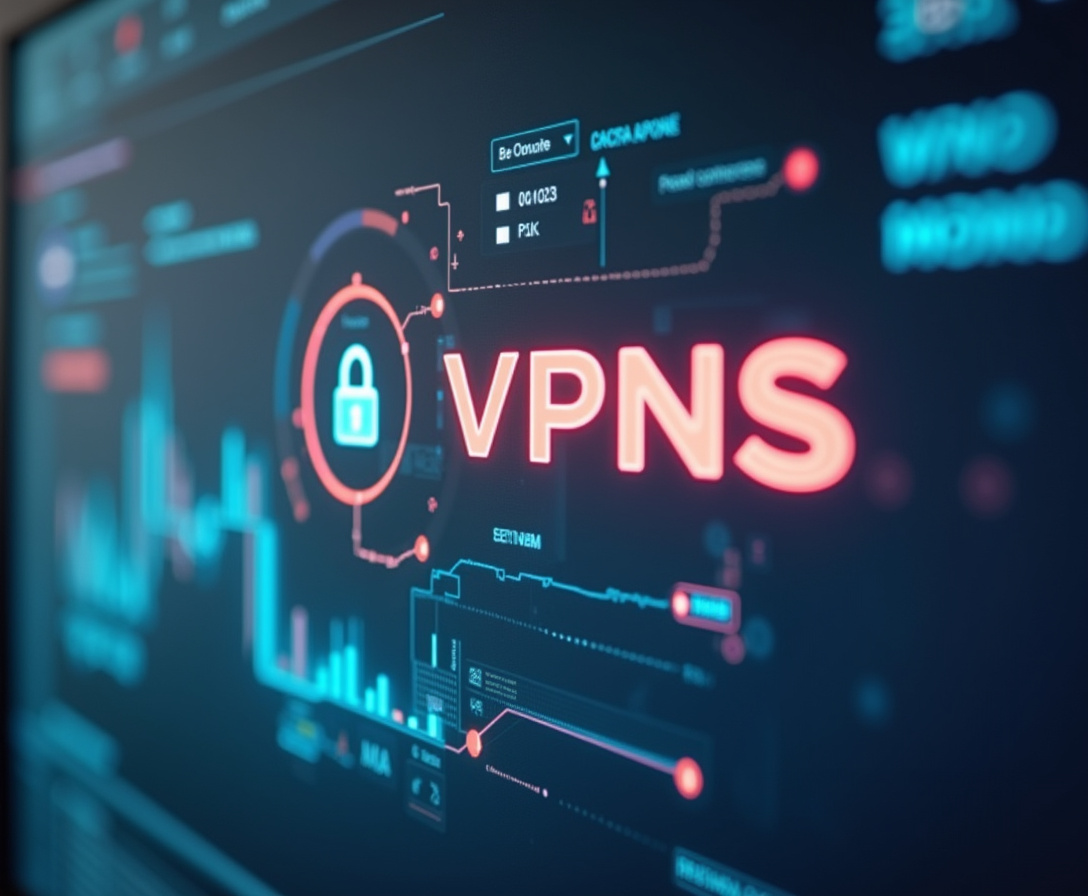
Table of Contents
In an era defined by digital connectivity, virtual events have transcended from a mere alternative to traditional gatherings to a cornerstone of modern communication and collaboration. Organizations across industries are leveraging the power of virtual events to connect with global audiences, share knowledge, and drive business growth. However, this increased reliance on virtual platforms brings forth a critical imperative: safeguarding participant information.
Virtual events often involve the exchange of sensitive data, including personal details, financial information, and proprietary business communications. Without robust security measures, this data can become vulnerable to cyber threats, potentially leading to data breaches, identity theft, and significant reputational harm. To address these challenges, Virtual Private Networks (VPNs) have emerged as an essential tool for enhancing participant information security and creating a secure and engaging environment for virtual events.
A virtual event VPN acts as a protective shield, encrypting data transmitted between participants and the event platform, effectively preventing unauthorized access and ensuring data privacy. By implementing a VPN solution, organizations can demonstrate their commitment to data protection and cultivate trust with their participants, thereby encouraging greater engagement and participation in virtual events. The use of a VPN for events goes beyond mere security enhancements; it positively impacts the overall event experience by providing a more stable and reliable connection, minimizing disruptions and ensuring seamless interactions.
This is particularly crucial for events involving live streaming, interactive sessions, and collaborative activities where a consistent and uninterrupted network connection is paramount. Think of a global conference where presenters and attendees are scattered across continents, each relying on their local internet infrastructure. Without a VPN, variations in internet speed and security protocols could lead to disjointed presentations, dropped connections, and the potential exposure of sensitive speaker or participant data.
A VPN standardizes and secures these connections, ensuring a smooth and professional event experience for everyone involved. From a business perspective, the integration of a VPN for events is a strategic investment that reflects a proactive approach to risk management and data protection. In today's landscape of increasingly sophisticated cyber threats, organizations must prioritize security to maintain their reputation and avoid potential legal and financial repercussions.
By implementing a virtual event VPN, companies proactively shield participant data, adhere to data privacy regulations, and foster a culture of security awareness within their organization. An effective VPN not only protects data in transit, but also provides a layer of anonymity for participants, further enhancing their privacy and security. By masking the IP address of each participant, a VPN prevents websites and online trackers from identifying their location and browsing activity.
This is especially pertinent for events that involve sensitive discussions or confidential information sharing, where participants may be hesitant to engage openly without knowing they are protected. In essence, a virtual event VPN is an indispensable component for organizations seeking to host secure, engaging, and ultimately successful virtual events. Investing in a robust VPN solution demonstrates a commitment to participant information security, data privacy, and the overall quality of the event experience.
As virtual events continue to evolve and become more integrated into the fabric of business communication, the role of VPNs in safeguarding participant information will only become more critical. Organizations must proactively address security concerns and prioritize data privacy to maintain trust, encourage engagement, and ensure the long-term viability and success of their virtual event programs. This includes careful evaluation of VPN providers, implementation of stringent security protocols, and education of participants on the importance of using VPNs to protect their data.
The cornerstone of a robust participant information security strategy for virtual events resides in a comprehensive understanding of the inherent risks associated with online data transmission. When participants connect to a virtual event platform, their data traverses a multitude of networks, including public Wi-Fi hotspots, which are frequently characterized by weak security protocols and increased vulnerability to cyberattacks. Without the implementation of a VPN, this data is susceptible to interception and eavesdropping, creating opportunities for malicious actors to access and steal sensitive information, ranging from login credentials to financial details.
A virtual event VPN directly mitigates this vulnerability by establishing an encrypted tunnel between the participant's device and the VPN server, effectively masking their IP address and encrypting all data transmitted through this secure pathway. This encryption process transforms data into an unreadable format, making it extremely difficult, if not impossible, for unauthorized individuals to decipher the information, even if they manage to intercept it. Beyond the fundamental protection against data interception, a VPN also plays a crucial role in circumventing geographical restrictions and censorship, enabling participants from diverse regions to access the event platform without facing limitations.
This is particularly significant for global events where participants may be located in countries with stringent internet censorship policies or geographical content restrictions. Imagine a scenario where a crucial keynote speaker is unable to connect to the virtual event platform due to government-imposed internet restrictions. A VPN effectively bypasses these restrictions, ensuring that the speaker can deliver their presentation and that participants can access valuable event content, regardless of their location.
The advantages of utilizing a VPN for events extend beyond mere data encryption; it also enhances anonymity and bolsters protection against online tracking. By masking the participant's IP address, a VPN effectively prevents websites, online trackers, and third-party advertising networks from identifying their location and monitoring their browsing activity. This enhanced anonymity is particularly valuable for participants who prioritize their privacy and wish to avoid being targeted by intrusive advertising or surveillance.
Data privacy is not merely a technical consideration; it is a fundamental right that organizations must respect and protect. Virtual event organizers bear a significant responsibility to safeguard the personal information of their participants and maintain their privacy. By implementing a VPN solution, event organizers actively demonstrate their commitment to upholding data privacy and cultivating trust with their event attendees.
This trust, in turn, fosters a more positive and engaging event experience. In addition to encryption and anonymity, a VPN can also provide robust protection against malware and phishing attacks, two common threats that can compromise participant information security. Many sophisticated VPN services incorporate built-in security features, such as real-time malware scanners and aggressive ad blockers, which actively prevent participants from inadvertently downloading malicious software or clicking on deceptive phishing links that aim to steal their credentials or personal information.
These proactive security features add an extra layer of defense, ensuring a safer and more secure online experience for participants, without requiring them to install additional security software.
The incorporation of a virtual event VPN yields a significant boost to participant engagement by fostering a more secure and reliable online environment. When participants are confident that their personal data is shielded from potential threats, they exhibit a greater willingness to actively participate in the event, freely share their insights and ideas, and wholeheartedly engage with fellow attendees. A secure environment cultivates an atmosphere of trust, which in turn encourages open communication, leading to more profound and meaningful interactions, ultimately contributing to a more successful and enriching event experience for all involved.
Imagine a virtual workshop where participants are encouraged to share sensitive business strategies or intellectual property. Without a VPN, participants may be hesitant to openly discuss these topics, fearing that their information could be intercepted and misused. However, with a VPN in place, participants can feel confident that their contributions are protected, fostering a more collaborative and productive environment.
Furthermore, a VPN contributes to the overall enhancement of the virtual event experience by providing a more stable and reliable network connection. This is particularly crucial for events that feature live streaming presentations, interactive Q&A sessions, and collaborative workshops, where a consistent and high-quality network connection is paramount for seamless participation. A VPN effectively minimizes disruptions such as buffering, lagging, and dropped connections, ensuring a smooth, fluid, and enjoyable experience for all participants, regardless of their geographical location or local network conditions.
Consider a virtual concert where attendees are tuning in from different parts of the world. Without a VPN, attendees with slower or less reliable internet connections may experience frequent buffering and interruptions, hindering their ability to fully enjoy the performance. A VPN can help to optimize their connection, providing a more stable and consistent streaming experience.
The advantageous impact of a virtual event VPN on participant engagement extends beyond merely providing security and reliability; it also plays a crucial role in creating a more inclusive and accessible event for participants hailing from diverse regions across the globe. By effectively circumventing geographical restrictions, bypassing internet censorship, and overcoming bandwidth limitations, a VPN enables participants from countries with restrictive internet policies and limited infrastructure to access the event platform without facing significant barriers. This inclusivity ensures that everyone has an equal opportunity to participate in the event, contribute their unique perspectives, and benefit from the shared knowledge and experiences, irrespective of their geographical location or access to robust internet connectivity.
Moreover, a VPN can serve as a powerful tool in safeguarding participants from online harassment, cyberbullying, and other forms of online abuse. In recent years, there has been growing concern surrounding online trolling, hate speech, and cyberbullying, all of which can inflict substantial emotional distress and negatively impact mental well-being. By masking the participant's IP address and encrypting their online activity, a VPN effectively makes it more challenging for perpetrators to track, identify, and target individuals with abusive or harassing behavior.
This added layer of security and anonymity provides valuable protection against online abuse, fostering a safer and more respectful online environment for all participants.
Selecting the appropriate virtual event VPN is a critical decision that requires careful consideration of various factors to ensure optimal security, performance, and user experience. Not all VPNs are created equal; some offer stronger encryption protocols, faster connection speeds, and more robust privacy policies than others. Therefore, it is essential to conduct thorough research and due diligence before committing to a particular VPN provider.
When evaluating VPN options, prioritize those that offer strong encryption standards, such as Advanced Encryption Standard (AES) with a 256-bit key, which is widely recognized as one of the most secure encryption algorithms available. AES-256 encryption ensures that even if data is intercepted, it remains virtually unreadable to unauthorized parties. In addition to strong encryption, a reputable VPN provider should also adhere to a strict "no-logs" policy, meaning that they do not collect, store, or monitor any data related to your online activity, browsing history, or IP address.
This commitment to data privacy is crucial for maintaining anonymity and preventing your personal information from being compromised. Furthermore, consider the location and number of servers offered by the VPN provider. A wide network of servers in various geographical locations allows participants to connect to a server that is close to their physical location, which can significantly improve connection speeds and reduce latency.
Proximity to the server often translates to a faster and more stable connection, minimizing buffering and ensuring a seamless virtual event experience. Beyond security and performance, user-friendliness is another crucial factor to consider, particularly for participants who may not be technically savvy. The VPN client software should be easy to download, install, and use, with a clear and intuitive interface that allows participants to connect to the VPN server with minimal effort.
A VPN with a complex or confusing interface can deter participants from using it, negating its security benefits altogether. Customer support is another important aspect to evaluate. Choose a VPN provider that offers responsive and reliable customer support channels, such as email, live chat, or phone support, in case participants encounter any technical issues or have questions about using the VPN.
Prompt and helpful customer support can ensure a smooth and hassle-free experience for all participants. Consider the specific needs of your virtual event when selecting a VPN. For example, if your event involves live streaming or video conferencing, prioritize VPNs with fast connection speeds and low latency to ensure a high-quality video experience.
If your event involves participants from countries with restrictive internet censorship, choose a VPN that offers specialized features for bypassing censorship, such as obfuscation technology or stealth protocols. Privacy is also a key concern. It’s important to be aware that a VPN can only be as secure as the infrastructure on which it operates.
For example, if a VPN has been breached in the past, that trust is going to be affected because your end users are not going to adopt such security measures. For example, does the VPN have a strong logging policy? Does it comply with known standards such as SOC2?
Beyond the technical implementation of a virtual event VPN, effectively communicating its value and promoting its adoption among participants is paramount. A VPN, regardless of its robustness, is only effective if it is actively utilized by event attendees. Therefore, virtual event organizers should actively educate participants about the importance of VPN usage and provide clear, concise instructions on how to download, install, and connect to the VPN service.
Before the event, disseminate informative materials, such as email newsletters, pre-event webinars, or instructional videos, that explain the security risks associated with using public Wi-Fi, the benefits of using a VPN, and the specific steps involved in setting up and using the recommended VPN solution. Emphasize that using a VPN is a proactive step towards protecting their personal information and ensuring a more secure and enjoyable virtual event experience. During the event itself, provide ongoing reminders about the importance of using the VPN.
Display prominent messages on the event platform, in the virtual lobby, and during live sessions, reminding participants to connect to the VPN for enhanced security. Offer technical support and assistance to participants who may be struggling with the VPN setup process. Designate a dedicated support channel, such as a live chat or help desk, where participants can ask questions and receive prompt assistance.
A user-friendly and readily accessible support system can significantly increase VPN adoption rates. In addition to providing technical support, address any privacy concerns or misconceptions that participants may have about using a VPN. Some participants may be hesitant to use a VPN, fearing that it will slow down their internet connection, collect their data, or compromise their privacy in some way.
It is essential to be transparent about the VPN's privacy policy and security protocols and to reassure participants that the VPN is designed to protect their data, not to collect it. Highlight the VPN's no-logs policy and any third-party audits or certifications that validate its security and privacy practices. Transparency and honesty are key to building trust and encouraging VPN adoption.
Consider offering incentives for participants who use the While this may seem counterintuitive, and might even lead to people not turning it off where not needed and thereby overloading the event. Highlight the VPNs most important capabilities, such as data security, as well as, for example, if the VPN facilitates easier access to the event from countries where it might otherwise be restricted. To ensure that the VPN remains effective in the long term, it is crucial to conduct regular security audits and penetration testing to identify and address any vulnerabilities.
Update the VPN client software and server infrastructure regularly to patch security flaws and prevent potential attacks. Stay informed about the latest cyber threats and adjust your security measures accordingly. Partnering with reputable cybersecurity experts can provide valuable insights and guidance on maintaining a robust and up-to-date VPN security posture.
By implementing a comprehensive VPN strategy that encompasses technical implementation, user education, and ongoing security maintenance, virtual event organizers can create a secure and engaging environment for participants, foster trust and confidence, and ensure the long-term success of their virtual event programs.
Stay Updated
Get the latest VPN news, tips, and exclusive deals to your inbox.
